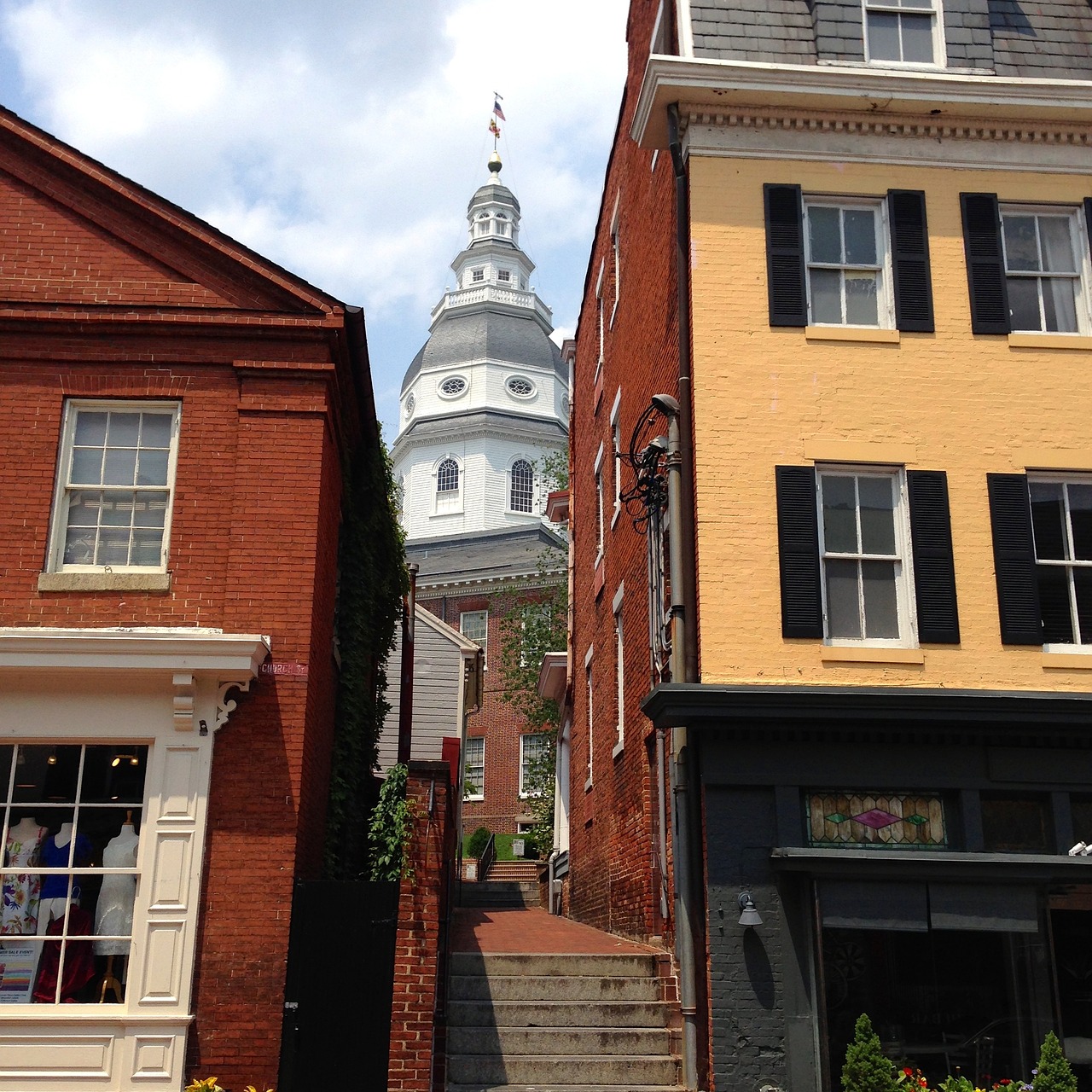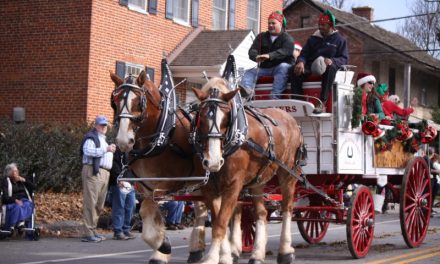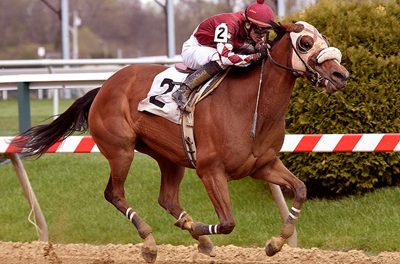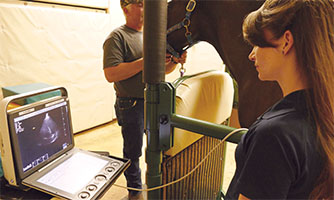The Maryland General Assembly ended its 446th session at midnight on April 8. As usual, there was an intense flurry of legislative activity right up until the last minute, this year punctuated by a brief recess to allow lawmakers and staff to rush out doors, put on the special glasses, and view the solar eclipse.
Equally as usual, the Horse Council’s Government Relations Committee worked hard for the entire 90 days trying to identify bills of interest, evaluating them, and deciding on a course of action.
As the dust settled, it became clear that, overall, we had a pretty successful session.
Many bills that we supported became law:
- A bill to require minors to wear helmets while mounted.
- A bill improving procedures for the claiming and awarding of grants under the Winery and Vineyard Economic Development Grant Program (for our members with horses and vineyards).
- A bill to allow state regulation of DAF/industrial sludge transportation and storage. (This highly malodorous materials is sometimes stored and spread on fields near parks and trails.)
- A bill to investigate creating a Gwynns Falls State Park.
- A bill to prohibit non-compete agreements in employment contracts for health care professionals and veterinarians.
Bills that we opposed either failed to move forward or were withdrawn. These included:
- A bill to apply the sales and use tax to services, including boarding, lessons, training and more.
- A bill that would have created a Trails Advisory Commission within the Department of Transportation, with jurisdiction over all of Maryland’s trail, statewide. The bill contained no reference to or recognition of equestrian trails and trail riders.
- A bill that would have assessed indoor riding arenas at twice the property tax rate of other “ag-tourism” buildings.
- A bill to make legal the sale, possession, and use of “consumer” fireworks.
- A bill to allow statewide Sunday hunting of Migratory Game Birds.
- A bill to allow all day Sunday hunting in Dorchester County.
- A bill to allow bicyclists to move through stop signs without stopping.
There was one disappointment.
The General Assembly passed Senate Bill 452, which makes provisions in “waiver” or “release” documents that purport to limit a “recreational facility’s” liability for ordinary negligence unenforceable.
It is important to note that the bill, as passed, does not ban the use of all waivers or releases. The right to ask clients or customers to acknowledge the risk of an activity and to assume that risk remains unaffected. Businesses should consult with their attorneys to see how the provisions of this bill might affect the documents used in their businesses.
When the Horse Council became aware of the bill, we mounted a major grassroots campaign, which was shared throughout the equestrian industry and beyond. The House hearing on 3/27 had well over 100 witnesses in opposition, many from the equestrian community, but also including the Maryland Chamber of Commerce, the Maryland Farm Bureau, the Ocean City Chamber of Commerce, and numerous motor and water sports organizations. There were only about a half dozen witnesses in favor of the bill.
At the urging of many members of the horse industry, Del. Griffith (R – Cecil & Harford) offered an amendment that would have exempted equine facilities, but it was defeated 34-98. Ultimately, the legislators were persuaded by the argument that businesses should not be allowed to require their customers to waive their right to compensation if they are injured by the business’ negligence.
It remains to be seen how the bill will affect the incidence of negligence claims and insurance rates.
MHC PLANS TO HOLD AN EDUCATIONAL WEBINAR FOR OUR INDUSTRY PROFESSIONAL MEMBERS TO DISCUSS THIS COMPLEX AREA OF TORT AND CONTRACT LAW. THE TENTATIVE DATE IS MAY 21, 11:00 am – 1:00 pm. WE WILL POST MORE INFORMATION ON OUR FACEBOOK PAGES AS IT BECOMES AVAILABLE.
Also of note:
A bill that would have authorized the MD Horse Industry Board to charge late fees for stable licensing failed to pass.
Two bill s intended to address the shortage of veterinarians failed to pass. One would have provided some educational loan payment assistance to vets. The other would have increased the number of seats available to Maryland residents at the VA-MD College of Veterinary Medicine.
Finally, at the eleventh hour, the legislature passed a major bill that will establish the framework to implement the recommendations of the Maryland Racetrack Operating Authority to transfer ownership of Pimlico to the state, reconfigure and rebuild Pimlico and consolidate racing there, discontinue racing at Laurel Park, establish a training track at a TBD location, provide for the licensing of the rights to the Preakness from the Stronach Group (which would continue to own them), etc. The bill was heavily amended to address concerns of some legislators about the state assuming liability for operating costs. Another amendment restored to Rosecroft racetrack renewal funds that had been proposed to be used to pay debt service for the bonds issued for the Pimlico rebuild. In addition, the amended bill authorizes funds for “demolition, development, and grading” around the Bowie Race Course Training Center, and $10 million to Park Heights Renaissance for workforce housing .
Even with all that, a Horse Council Government Relations committee member’s work is never done. We will be working over the summer to have input both into the implementation of some of the bills that passed, as well as some of the bills that failed but will probably come back next year. The end of session also marks the renewal of political fundraising season. The Horse Council PAC emptied its coffers before the legislative session opened in January – during which political donations to legislators are prohibited. You can help rebuild the PAC by DONATING HERE.













